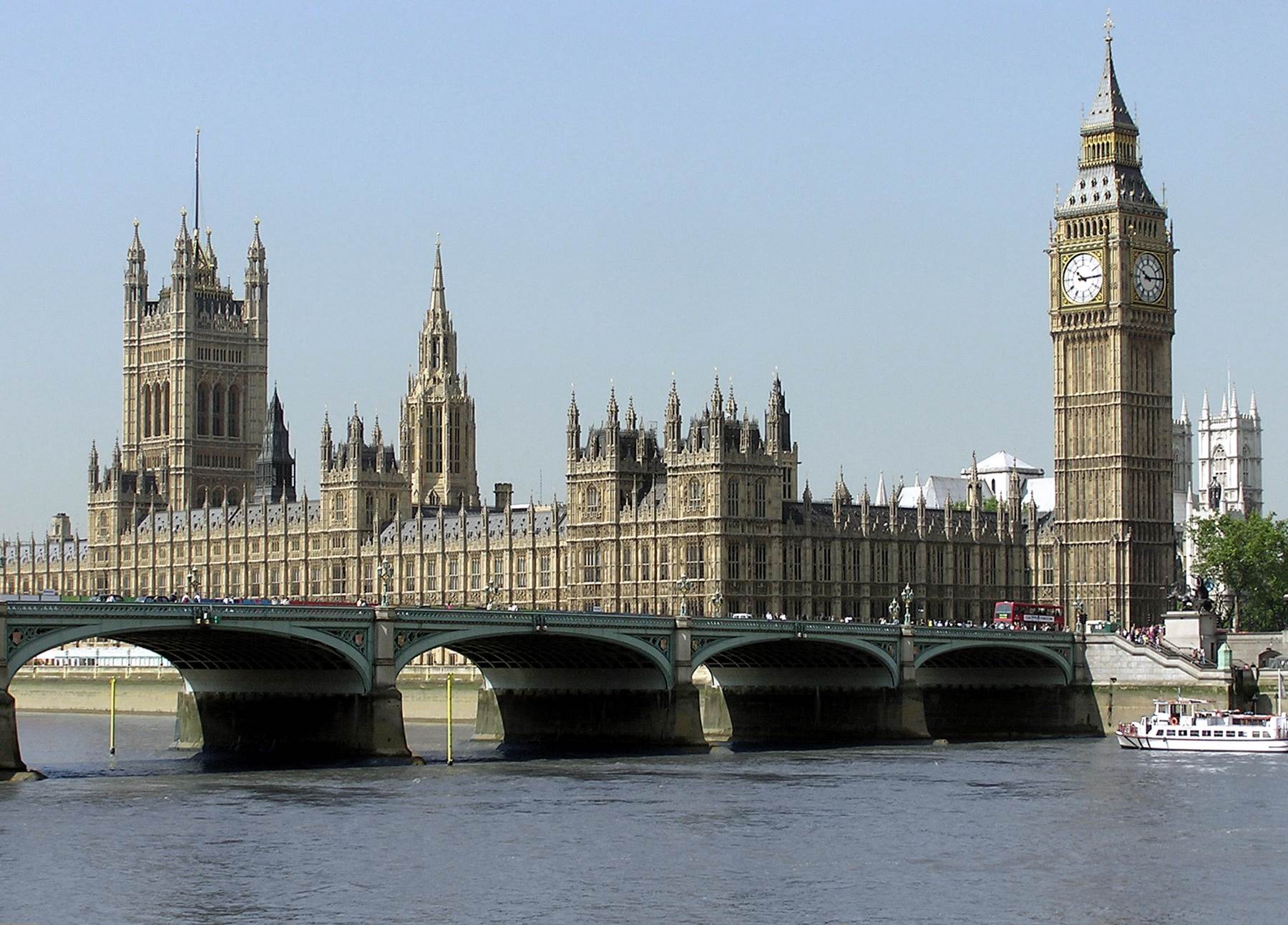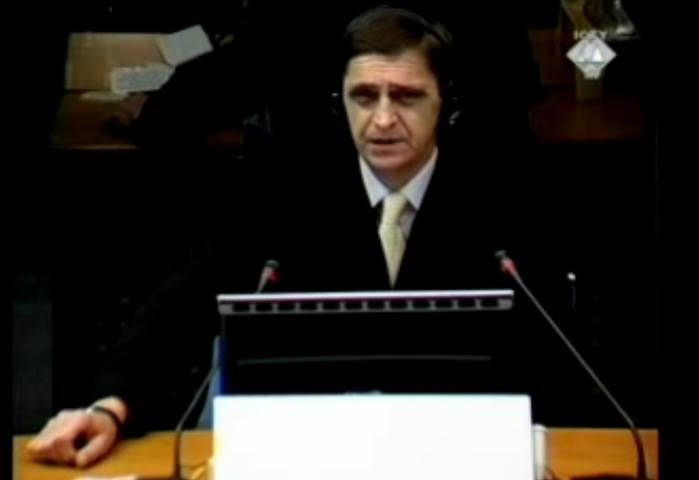This post is also available in: Bosnian
In November last year, the Hague Tribunal sentenced former Bosnian Serb Army commander Mladic to life imprisonment for committing genocide in Srebrenica in 1995, persecuting Croats and Bosniaks throughout Bosnia and Herzegovina, terrorising the population of Sarajevo and taking UN peacekeepers hostage.
But the Tribunal acquitted Mladic of committing genocide in 1992 in five more municipalities – Foca, Kotor-Varos, Prijedor, Sanski Most and Vlasenica.
Under the first-instance verdict, the Tribunal judges determined by a majority vote that members of Serb forces had “genocidal intent” to destroy Bosiaks and Croats as ethnic groups in those municipalities.
But although “a large number of Muslims and Croats were killed or suffered severe bodily injuries”, the court decided that the victims did not account for “a substantial part” of those ethnic groups in the municipalities, so the condition for classifying the crime as genocide was been fulfilled.
The verdict also said that Mladic and other participants in a joint criminal enterprise did not share the genocidal intent to destroy Bosniaks and Croats in those five municipalities.
In its appeal, the prosecution calls on the court’s appeals chamber to find that “a substantial part” of the Bosniak and Croat population was the target of Mladic’s forces in the five municipalities.
It also calls on the court to reverse its conclusion that Mladic did not have genocidal intent in the five municipalities.
Mladic’s defence also filed an announcement of an appeal against the first-instance verdict, asking the court to quash the verdict because of a series of legal and factual mistakes.
The defence wants the court to acquit Mladic of all the charges or order a retrial.
According to the defence lawyers, the Tribunal wrongly ruled that there was a joint criminal enterprise in which Mladic participated. The verdict said the goal of the criminal enterprise was to permanently and forcibly remove the non-Serb population from large parts of Bosnia and Herzegovina which Bosnian Serb leaders claimed as Serb territories.
The defence also said the verdict’s ruling that there was a joint criminal enterprises in Sarajevo and Srebrenica was wrong.
It further insists in its appeal that Mladic was not a protagonist in another joint criminal enterprise aimed at taking UN peacekeepers hostage.
Mladic’s defence lawyers claim he did not get a fair trial because his rights were “seriously breached”.

